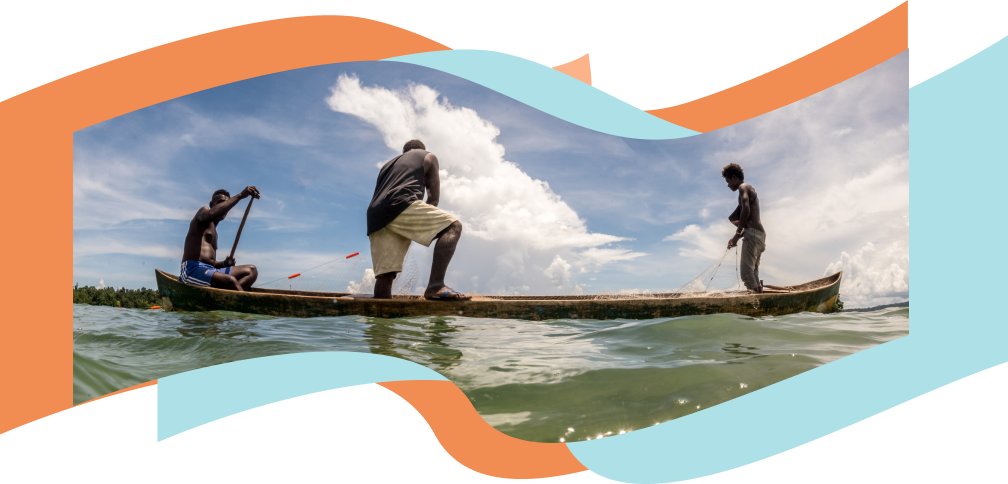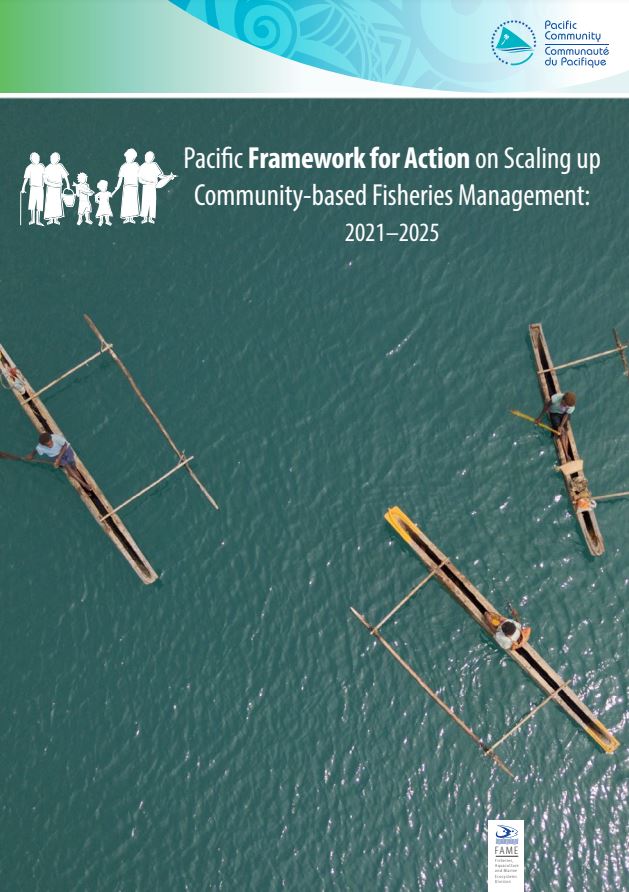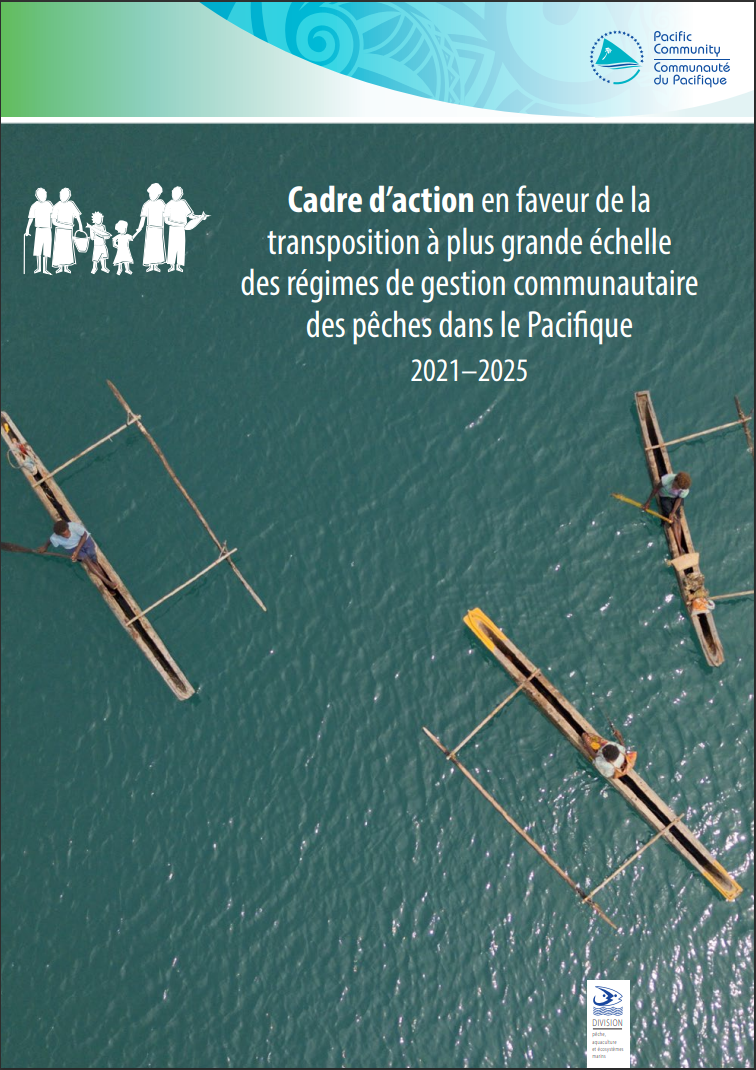A community-driven approach
Community-based fisheries management (CBFM) is taken to mean fisheries management approaches that are community-driven and encompass an ecosystem approach that will sustain livelihoods and ensure resilient island communities.

Custodians of our ocean resources
Our Pacific region is characterised by vast areas of ocean, dotted by myriads of islands that are home to thousands of coastal communities. Coastal fisheries take place in a small, vulnerable and highly biodiverse proportion of the ocean space. Pacific Island communities are central to coastal fisheries management because they depend on marine resources for their livelihoods, cultural heritage and wellbeing. These communities draw on rich traditional knowledge and practices for utilisation and management of marine resources and, in many cases, have customary or legal rights over those resources. They are the custodians of our ocean resources.

Reversing the decline in coastal fisheries
Recognising that coastal resources are under increasing threat of overfishing, now exacerbated by climate change, Pacific Island countries and territories have agreed through regional and subregional policies to scale-up coastal fisheries management incorporating community-based fisheries management (CBFM) approaches.
The scaling-up challenge
The scaling-up challenge consists of moving from small pockets of effective coastal fisheries management to a meaningful proportion of the coastal environment to meet domestic development aspirations, with appropriate national and regional support. The Pacific Framework for Action on Scaling up Community-based Fisheries Management: 2021–2025 (Framework for Action) responds to a request made to the Pacific Community (SPC) at the 12th Heads of Fisheries Meeting, supported by the First Regional Fisheries Ministers Meeting, to assess CBFM and scaling-up approaches in the region.
The Framework for Action identifies actions relating to information, awareness, communication, policy and legislation, organisational and individual capacity, and inclusive and ecosystem approaches as key strategic actions for scaling in order to supplement the support for site-based approaches.



